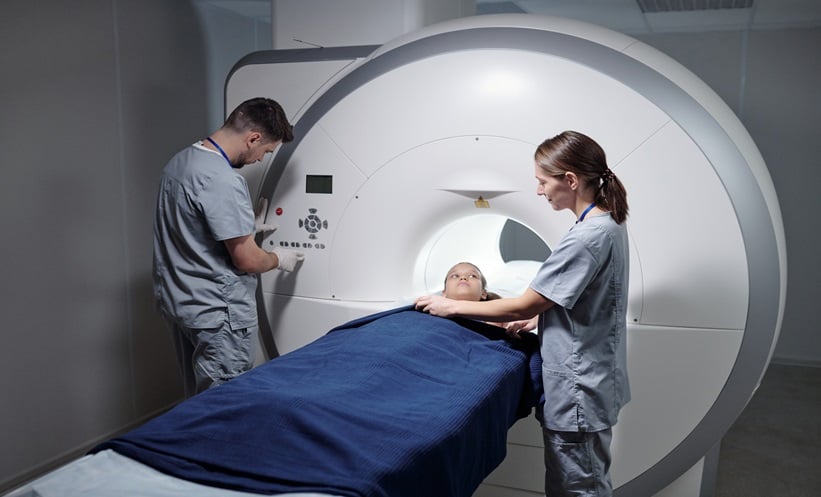EOSINOPHILIC oesophagitis (EoO), an increasingly common paediatric condition, presents significant treatment challenges due to low remission rates and high recurrence. An abstract presented at the European Society for Paediatric Gastroenterology, Hepatology and Nutrition (ESPGHAN) 56th Annual Meeting featured a case report on a 9-year-old male with severe, refractory EoO who developed neuropathy after treatment with dupilumab, raising concerns about potential side effects of this widely-used medication.
Standard therapies for EoO, like proton pump inhibitors and elimination diets, often fall short, leaving many patients in search of more effective solutions. Dupilumab, approved by the FDA for EoO in adolescents in 2022, and children as young as 1 year old in 2024, has shown promising results in alleviating symptoms and improving histological, molecular, and endoscopic responses. However, despite its efficacy, dupilumab’s safety profile has come into question following the recent case presented in the case report.
The young patient, with a history of asthma and multiple food allergies, had been diagnosed with EoO, gastritis, and enteritis at 6 years old. After traditional treatments failed, he began dupilumab treatment at nearly 8 years old. The treatment significantly improved his gastrointestinal symptoms, but 9 months later, he developed paraesthesia in his legs and torso. The symptoms worsened with increased dosage frequency, leading to the discontinuation of dupilumab after 2 years, upon which all symptoms ceased. Extensive investigations, including MRI, electromyography, blood work, and neuro evaluations, revealed no abnormalities. The diagnosis of dupilumab-induced neuropathy was made by exclusion, as symptoms resolved post-cessation and further diagnostic procedures were deemed unnecessary.
The inhibition of Th2-mediated inflammation by dupilumab, which blocks IL-4 and IL-13, may inadvertently increase Th1- or Th17-mediated inflammation, potentially leading to peripheral neuropathy. While this paediatric case is the first of its kind, similar neuropathic symptoms have been reported in adult patients treated with dupilumab for other conditions. These cases underscore a possible link between dupilumab and peripheral neuropathy, warranting cautious consideration by healthcare providers.
Physicians should be vigilant in monitoring neurological symptoms in patients receiving dupilumab, particularly in paediatric cases. This case highlights the need for further research to identify at-risk patients and better understand the underlying mechanisms of dupilumab-induced neuropathy.








